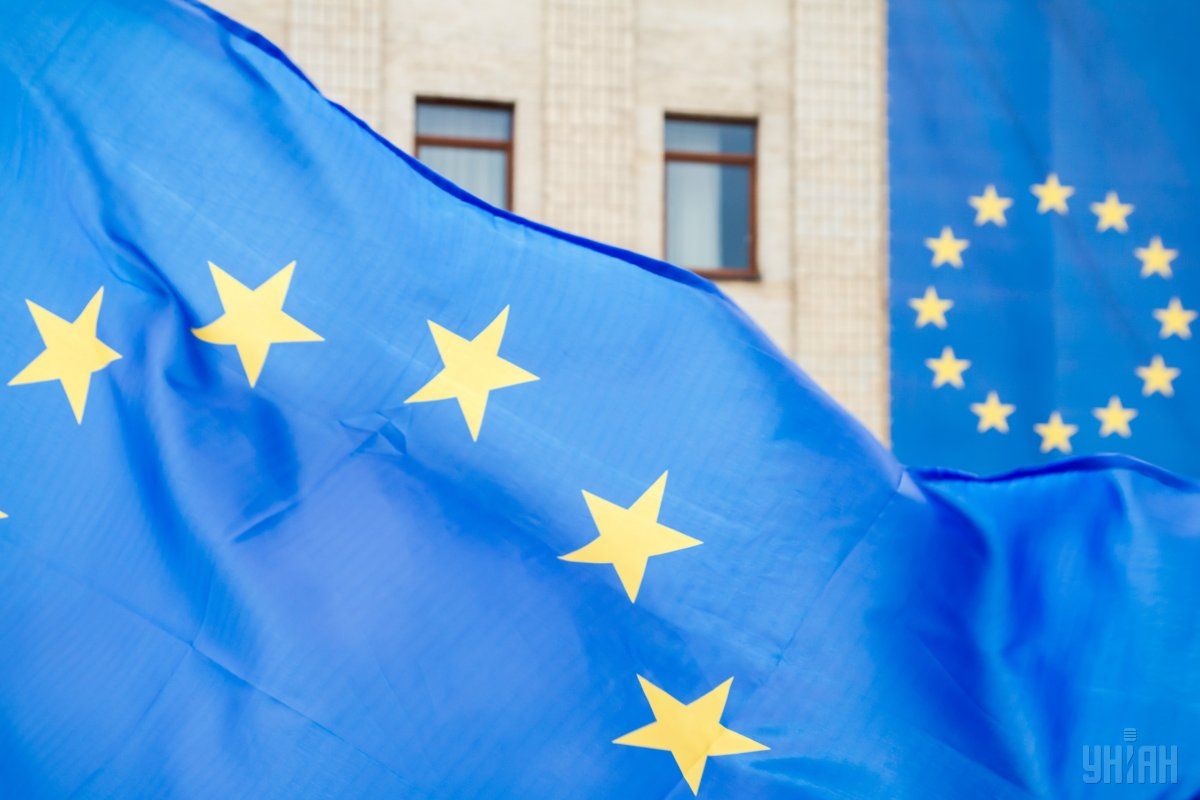
Today's reflection paper builds on the Five Presidents' Report of June 2015 and is intended both to stimulate the debate on the Economic and Monetary Union and to help reach a shared vision of its future design, according to the European Commission.
According to Valdis Dombrovskis, Vice-President for the Euro and Social Dialogue, Financial Stability, Financial Services and Capital Markets Union, "the euro is one of Europe's most significant achievements. It is much more than just a currency. It was conceived as a promise of prosperity. To keep that promise for future generations, we need the political courage to work on strengthening and completing Europe's Economic and Monetary Union now. Today's reflection paper offers various ideas that should help building a shared vision for the euro as well as concrete steps to achieve it."
Read alsoNATO may open its tenders to Ukraine"The euro is already a symbol of unity and a guarantee of stability for Europeans," said Pierre Moscovici, Commissioner for Economic and Financial Affairs, Taxation and Customs. "We now need to make it a vehicle for shared prosperity. Only by reversing economic and social divergence in the euro area will we be able to defeat the dangerous populism that this fuels. The time has come to complete the journey we started at Maastricht towards a genuine economic and monetary union, with strong institutions and democratic accountability."
The tough times the euro area has endured over recent years mean it is not always perceived as a story of success, the Commission says. However, it notes that today, support for the common currency is back at the highest level since 2004 (at 72 % of euro citizens).
The options proposed in the reflection paper are intended to help build a broad consensus on how to take on the challenges ahead and to give a fresh impetus to this important debate.
Moving ahead would involve taking steps in three key areas.
First of all, it is about completing a genuine Financial Union.
Read alsoEBRD opens regional office for southern Ukraine in OdesaAn integrated and well-functioning financial system is essential for an effective and stable Economic and Monetary Union, the Commission says. It notes the importance of completing the Banking Union and making progress on reducing and sharing risks in the banking sector, with measures to make European banks even more resilient. In order to provide more diverse and innovative financing opportunities for the real economy, including through capital markets, delivering on Capital Markets Union is also paramount.
Achieving a more integrated Economic and Fiscal Union is another key area.
Member States could strengthen already existing elements, such as the European Semester of economic policy coordination or the link of financial support from the EU budget to structural reforms. But Member States could also decide to improve the capacity of macroeconomic stabilization of the euro area. The paper outlines several different options for this, which the Commission will look into.
The European Commission stresses the need to anchor democratic accountability and strengthen euro area institutions.
For the Economic and Monetary Union to be stronger, Member States must accept to share more responsibilities and decisions on euro area matters, within a common legal framework, according to the report. This could be through the EU Treaties and its institutions, an intergovernmental approach or, as is the case today, a mix of both. Further political integration could involve a rethinking of the balance between the Commission and the Eurogroup and could justify the appointment of a full-time permanent Eurogroup chair, as well as unifying the euro area's external representation. The idea of a euro area Treasury – possibly with a euro area budget – as well as a European Monetary Fund are also discussed in the public debate, and could be considered at a later stage of the deepening of Economic and Monetary Union, within the EU framework.

